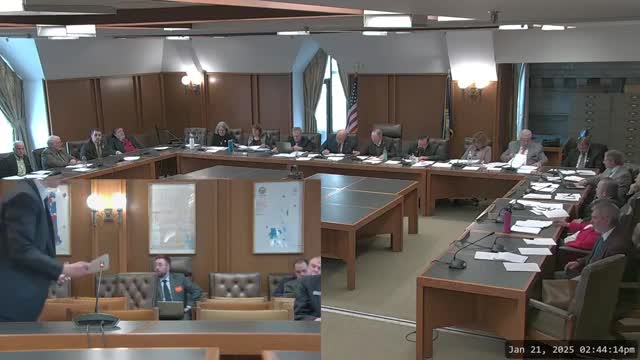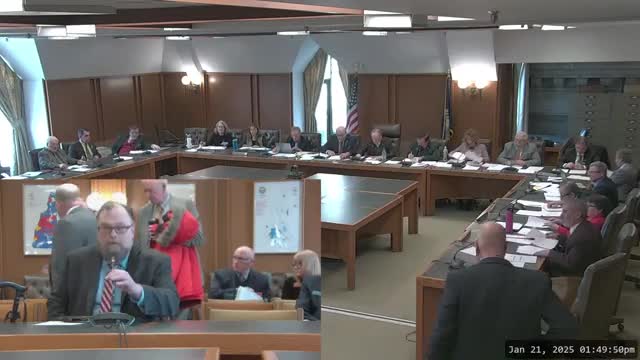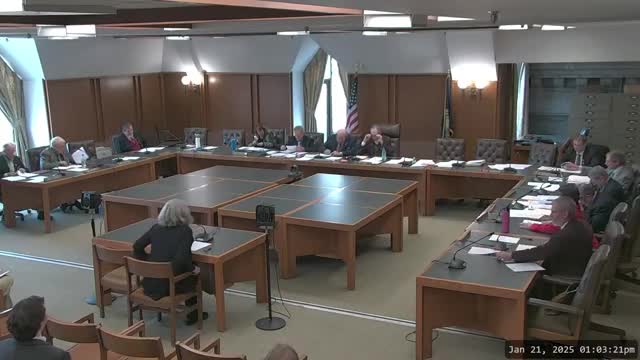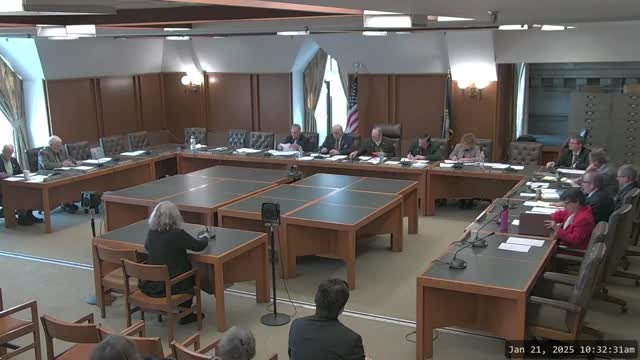Article not found
This article is no longer available. But don't worry—we've gathered other articles that discuss the same topic.

Bill to create climate change division in DES draws split testimony; committee recommends ITL

Lawmakers consider clarifying PUC decisionmaking quorum after 2021 statute change

Committee hears concerns about ISP copper-to-fiber transition; industry says rollout underway

Electric cooperative opposes triennial deregulation filing bill, warns of added costs

